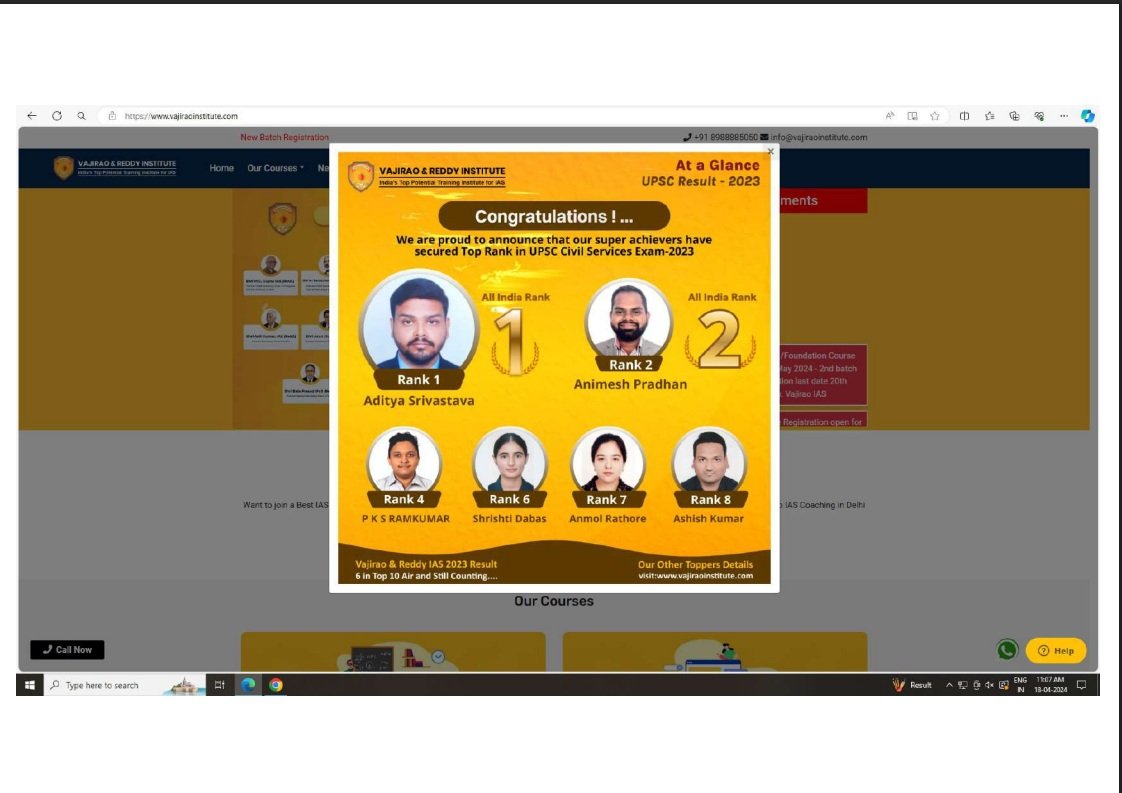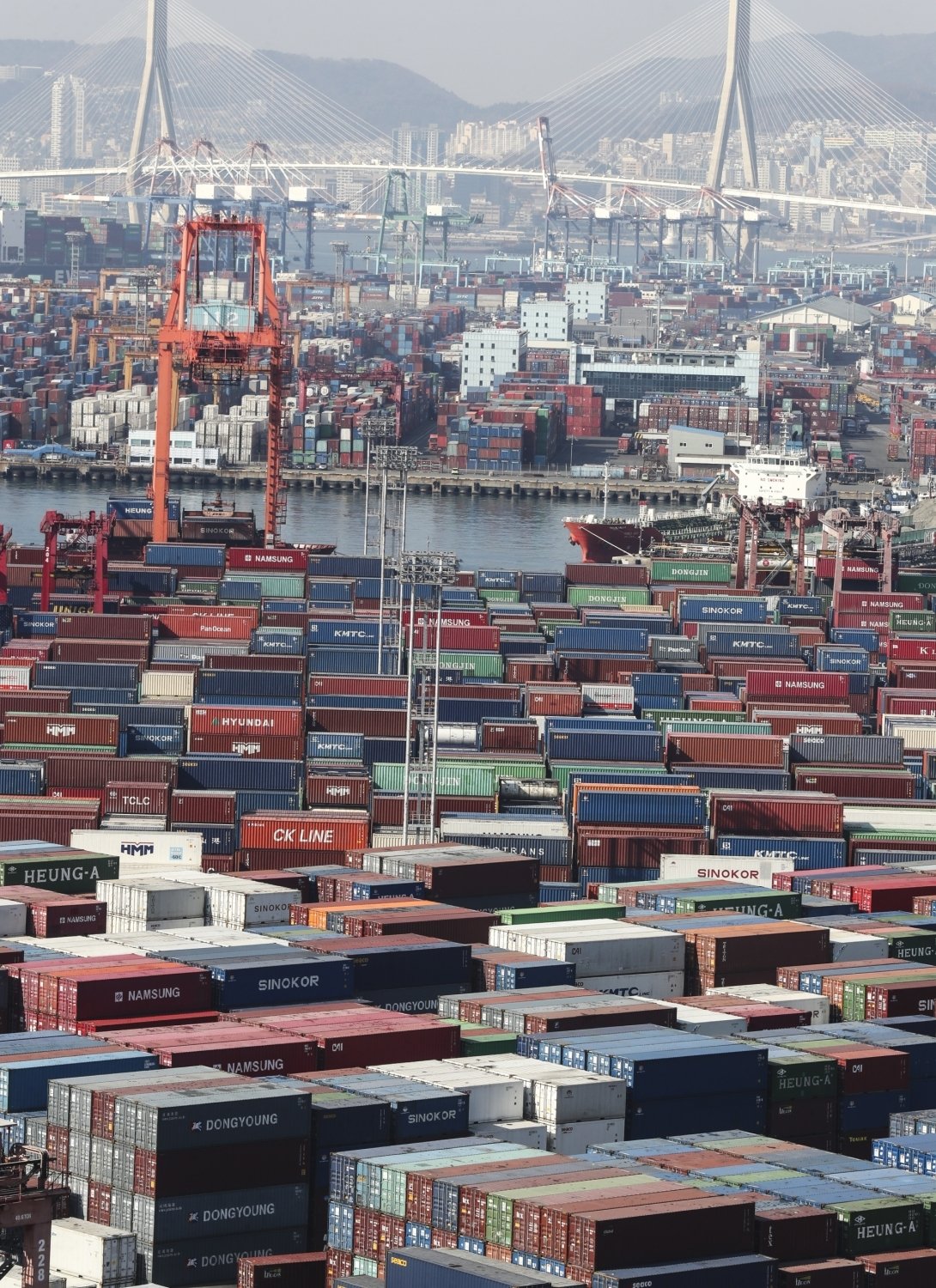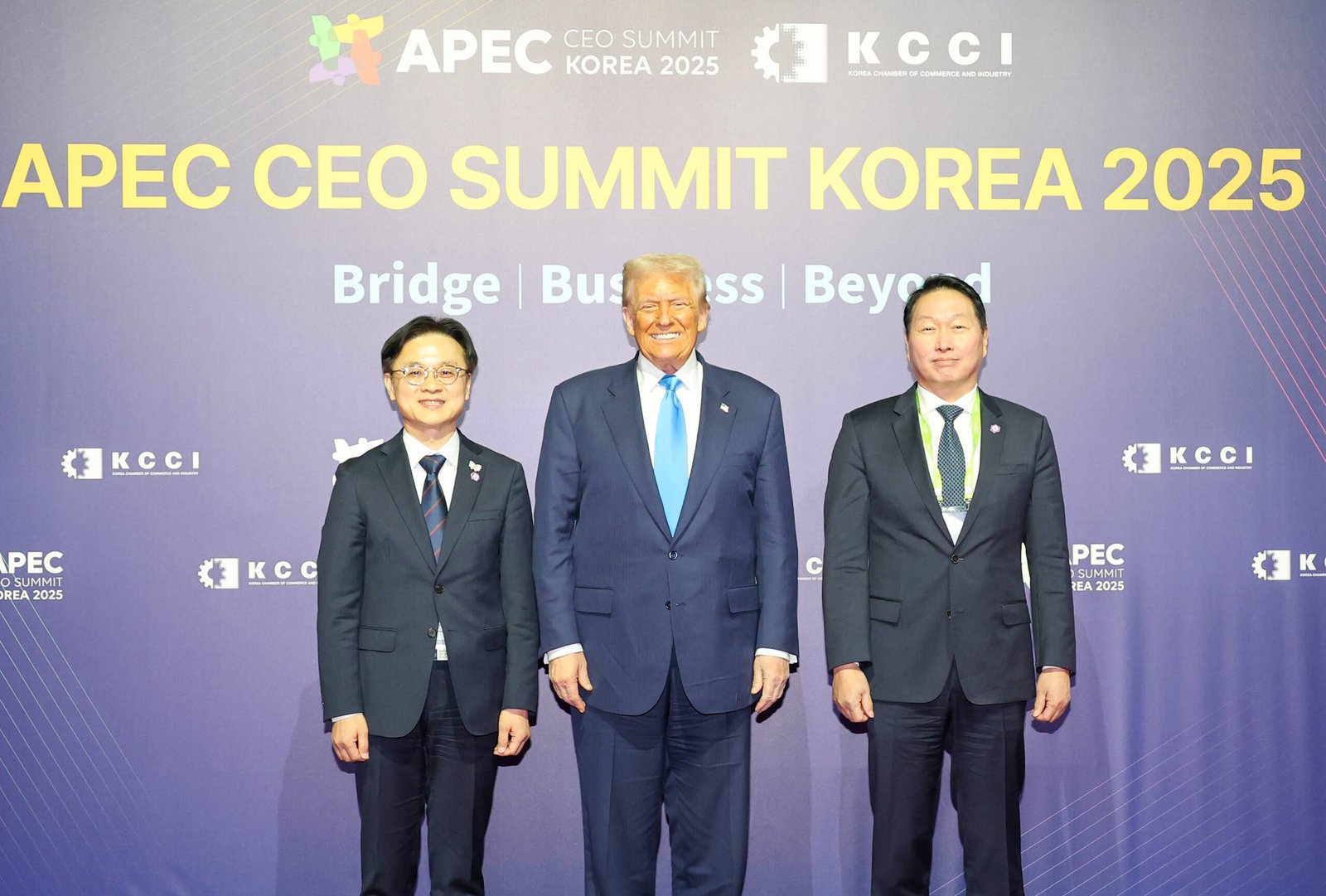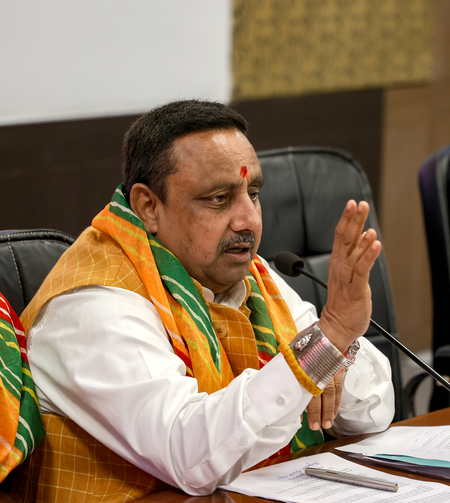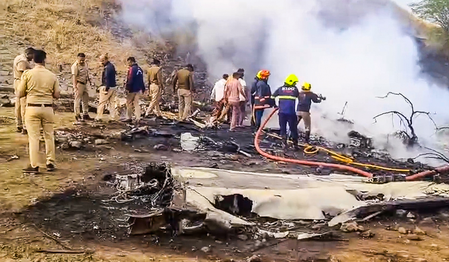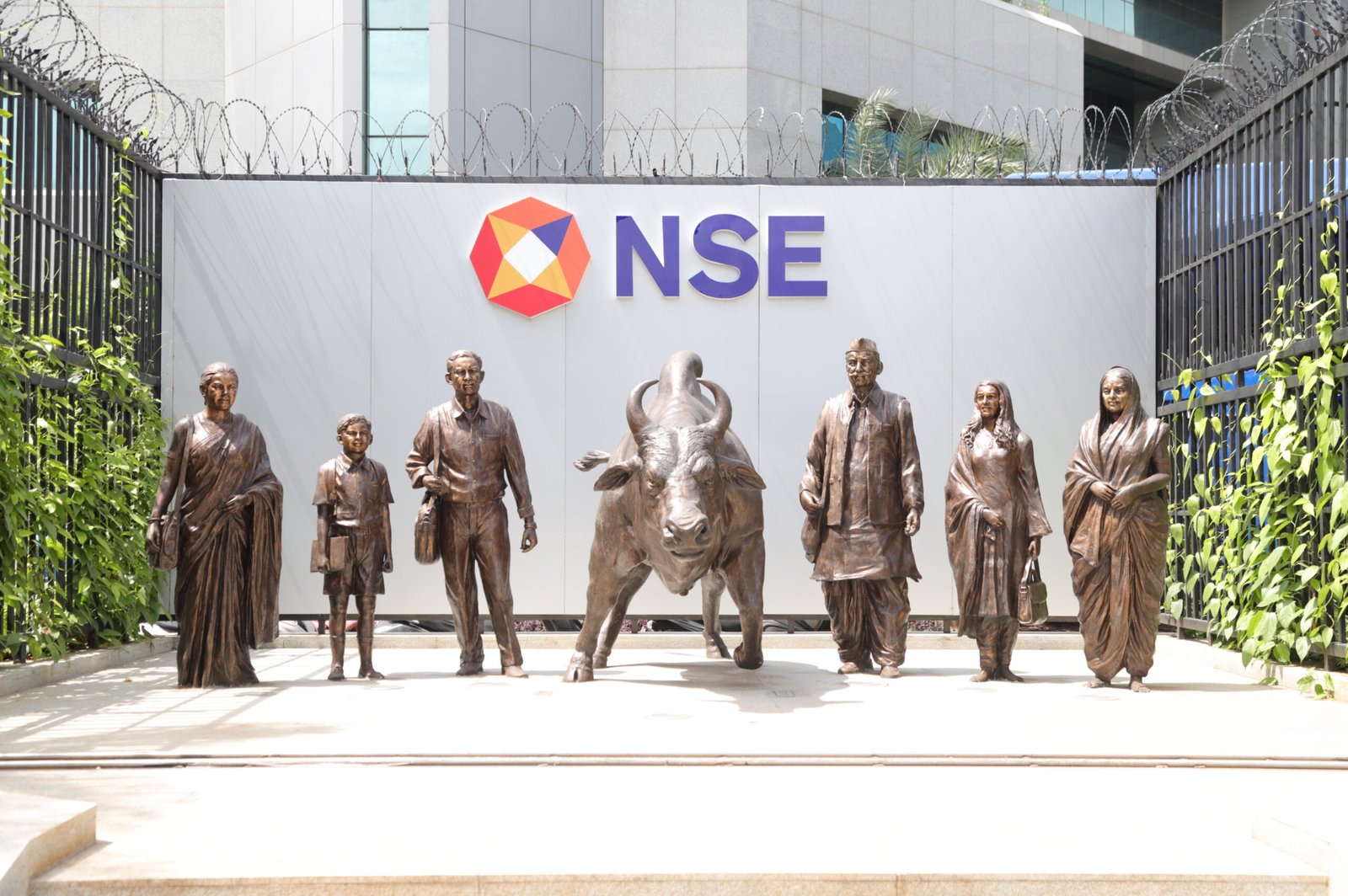
New Delhi – Sri Lankan Prime Minister Harini Amarasuriya met with India’s policy hub, NITI Aayog, on Friday to discuss ways the two countries can grow their partnership. The talks focused on key growth areas such as infrastructure, education, tourism, skill development and artificial intelligence.
Amarasuriya highlighted how both sides share a vision to boost regional stability and prosperity through knowledge‑based, tech‑driven projects. She praised NITI Aayog for turning long‑term ideas into real action, thanks to its strong link between policy research, evidence‑based decisions and ground‑level implementation.
She asked how NITI Aayog works with India’s ministries and state governments to create a smooth flow of information from data to policy to people. “We want to learn from India’s approach so our reforms can stay consistent even when leadership changes,” she said, citing Sri Lanka’s own ongoing reform journey.
NITI Aayog Vice Chairman Suman K. Bery guided the meeting, presenting India’s flagship initiatives:
- PM Gati Shakti – a multimodal infrastructure plan that coordinates roads, rail, ports and airports. Amarasuriya was keen to see how this model could help modernise Kandy’s logistics network.
- National Education Policy 2020 – a sweeping revamp aimed at inclusive, technology‑supported learning for all children and adults.
- Tourism and Cultural Exchange – joint efforts to promote heritage, eco‑and wellness tourism, and strengthen people‑to‑people ties.
- Frontier Technologies and AI – opportunities for Sri Lanka to partner on digital governance and AI solutions.
- Economic and Technology Cooperation Agreement (ETCA) – a framework to boost trade, investment and joint projects across both nations.
Throughout the meeting, Amarasuriya stressed the importance of a “Neighbourhood First” approach, reinforcing communities and local needs while keeping innovation at the core. She also emphasised the role of policy coherence, call for evidence‑based decision making, and the value of consistent governance that outlasts political cycles.
The discussions set the stage for new projects in the Maldives, the Indian‑Sri‑Lankan infrastructure corridor, and collaborative research labs. Sri Lanka aims to adopt India’s multimodal logistics model to streamline transport and reduce costs for businesses. Education reforms in Sri Lanka will look to the National Education Policy for frameworks that start with teacher training and digital tools.
Indian officials noted that Sri Lankan participation will enrich India’s multilateral initiatives on AI and digital governance. Both sides agreed to deepen knowledge‑sharing and citizen participation, mirroring their commitment under the ‘MAHASAGAR’ framework.
In short, the meeting underscored a shared commitment to a people‑centric partnership that leverages technology and evidence‑based policy. Sri Lanka’s Prime Minister and NITI Aayog officials set out clear pathways for enhanced cooperation in infrastructure, education, tourism, skills, AI and digital governance—paving the way for stronger economic ties and regional resilience.
Source: ianslive
Stay informed on all the latest news, real-time breaking news updates, and follow all the important headlines in world News on Latest NewsX. Follow us on social media Facebook, Twitter(X), Gettr and subscribe our Youtube Channel.





